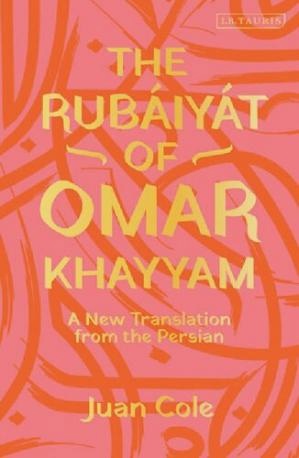Издательство:
I. B. TAURIS
Год:
2020
Описание:
A repository of subversive, melancholic and existentialist themes and ideas, the rubaiyat (quatrains) that make up the collected poems attributed to the 12th century Persian astronomer Omar Khayyam have enchanted readers for centuries. In this modern translation, complete with critical introduction and epilogue, Juan Cole elegantly renders the verse for contemporary readers. Exploring such universal questions as the meaning of life, fate and how to live a good life in the face of human mortality, this translation reveals anew why this singular collection of poems has struck a chord with such a temporally and culturally diverse audience, from the wine houses of medieval Iran to the poets of Western twentieth century modernism.
Hass, Bush, and Glaser argue that the center of gravity for determining the future of Taiwan is the will of Taiwan’s 23 million people. American policy should focus on their hopes and fears if the United States wishes to maintain influence over events in the Taiwan Strait. This calls for American resoluteness and steadiness of purpose in fortifying Taiwan’s economic dynamism, political autonomy, military preparedness, and dignity and respect on the world stage. Maintaining credible military deterrence is the minimum threshold, not the measure of success. U.S.-Taiwan Relations will be an invaluable resource for students, researchers, and journalists to understand this critical moment in U.S. foreign policy.



Комментарии
Добавить комментарий